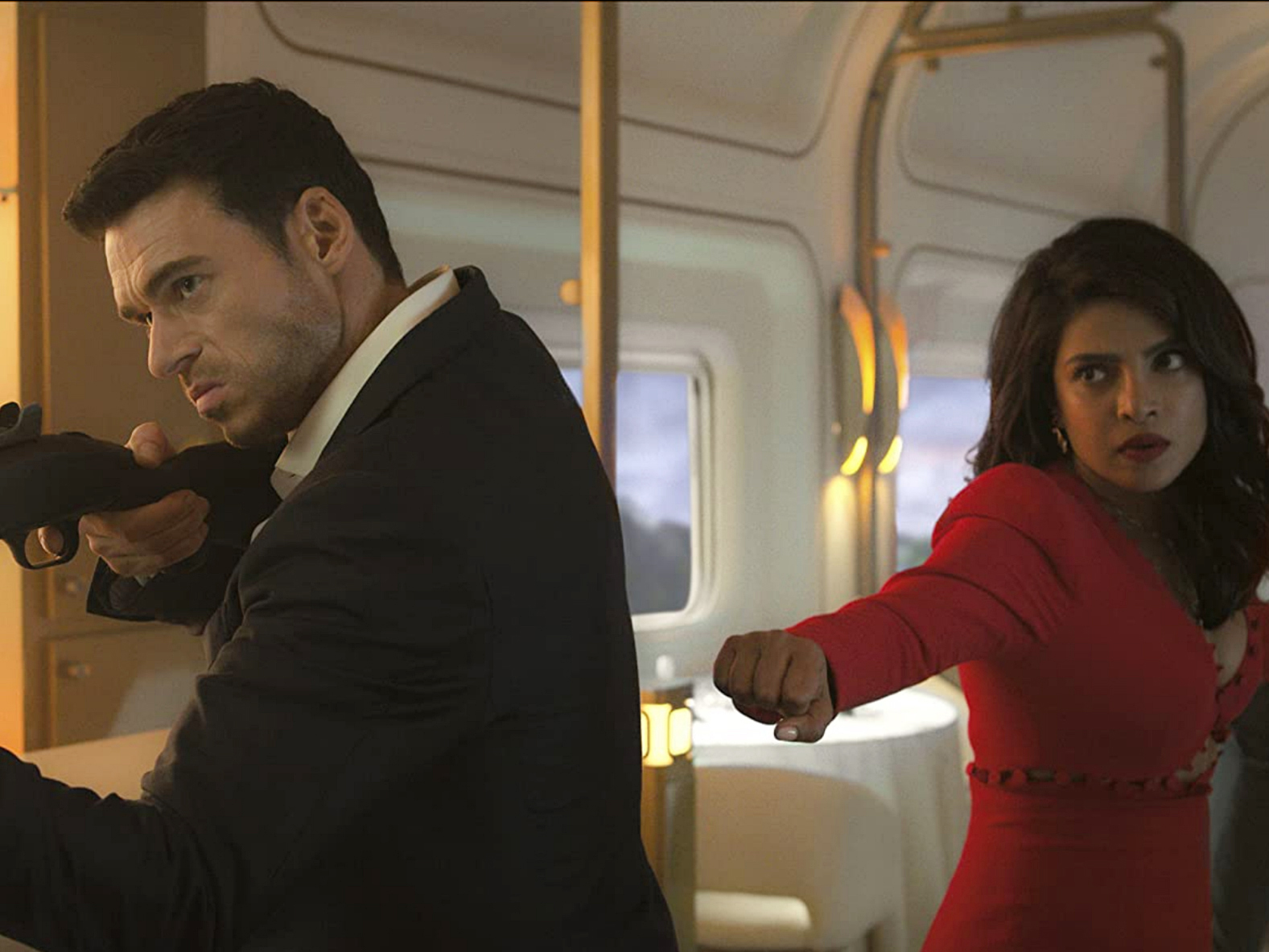
- Industry
The New Female Protagonist
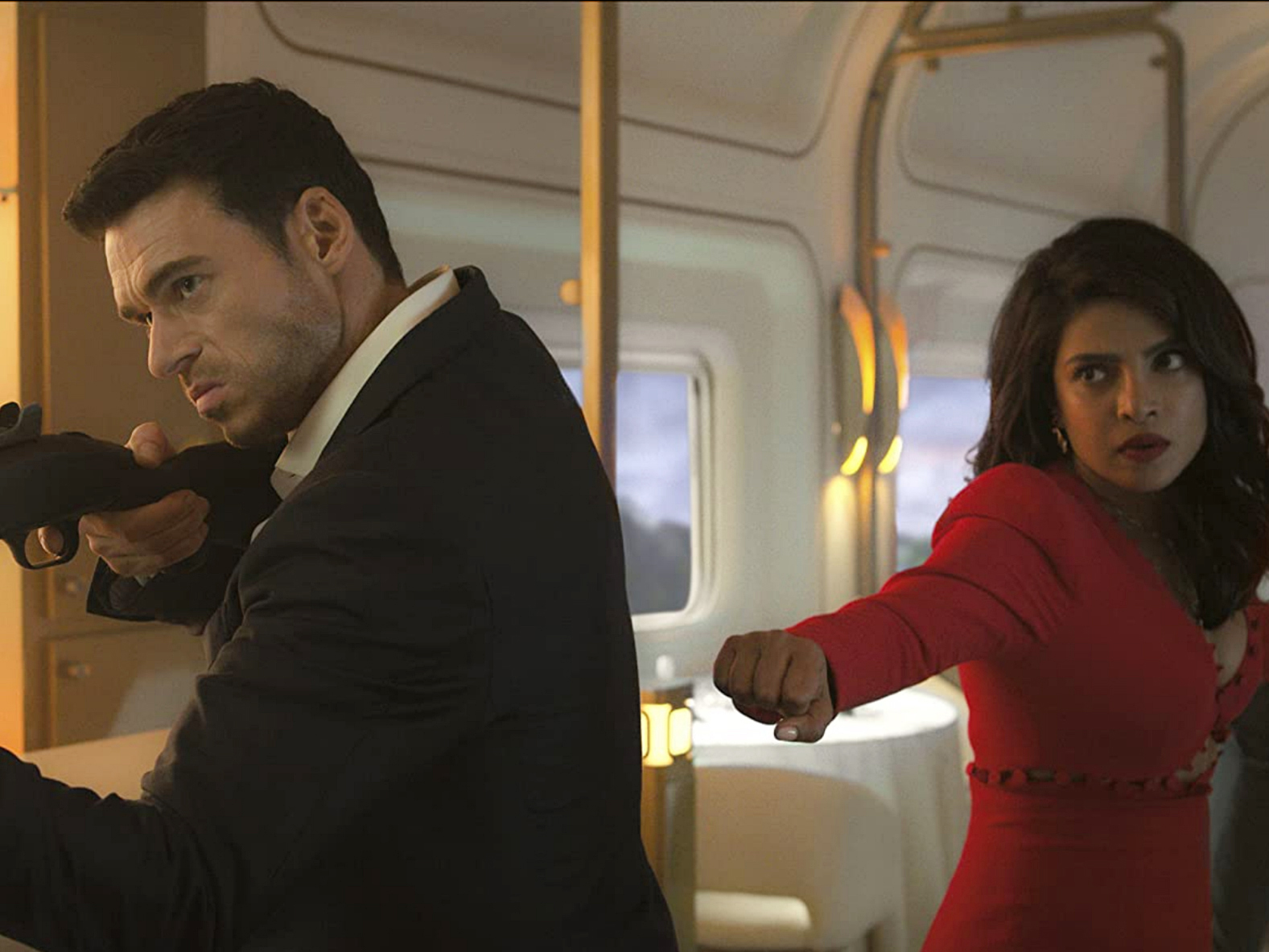
What do UnPrisoned, The Class of ’09, Ghosts of Beirut, Succession, Citadel and Power Book: Ghosts have in common? On the surface there are few commonalities, but what binds them is that in these shows, women take agency against obstacles, overcome impediments, gender expectations and bias, as well as the intrigue of group dynamics and petty politics. Each does it by being unique and true to themselves.
Gone are the days when some of the best roles were for women in series/films where they were the victim who was beaten – The Burning Bed (1984); Gerald’s Game (2017); abused (Precious (2009); Room (2015) or roles as hookers (Klute (1971), Pretty Woman (1990).
One could call the new heroine the anti-victim. In large part these roles are happening on television and streaming services. But something bigger is afoot.
As women are moving into more positions of power, as showrunners, writers, producers and directors, as they are shaping the content we see, not only is there more inclusion ethnically, but we are finally seeing more complex protagonists, more reflective of women. We are seeing content where a women’s gaze – that has seldom been the focus – is bringing new perspectives to stories told a million times over – from a man’s POV.
There have been many stories where women are written out as dead, and the father is left to raise the child. The Pursuit of Happiness, Nemo, Jersey Girl, Sleepless in Seattle.
Thankfully, this is now changing. Here is a selection of some of these game-changing roles for female protagonists.
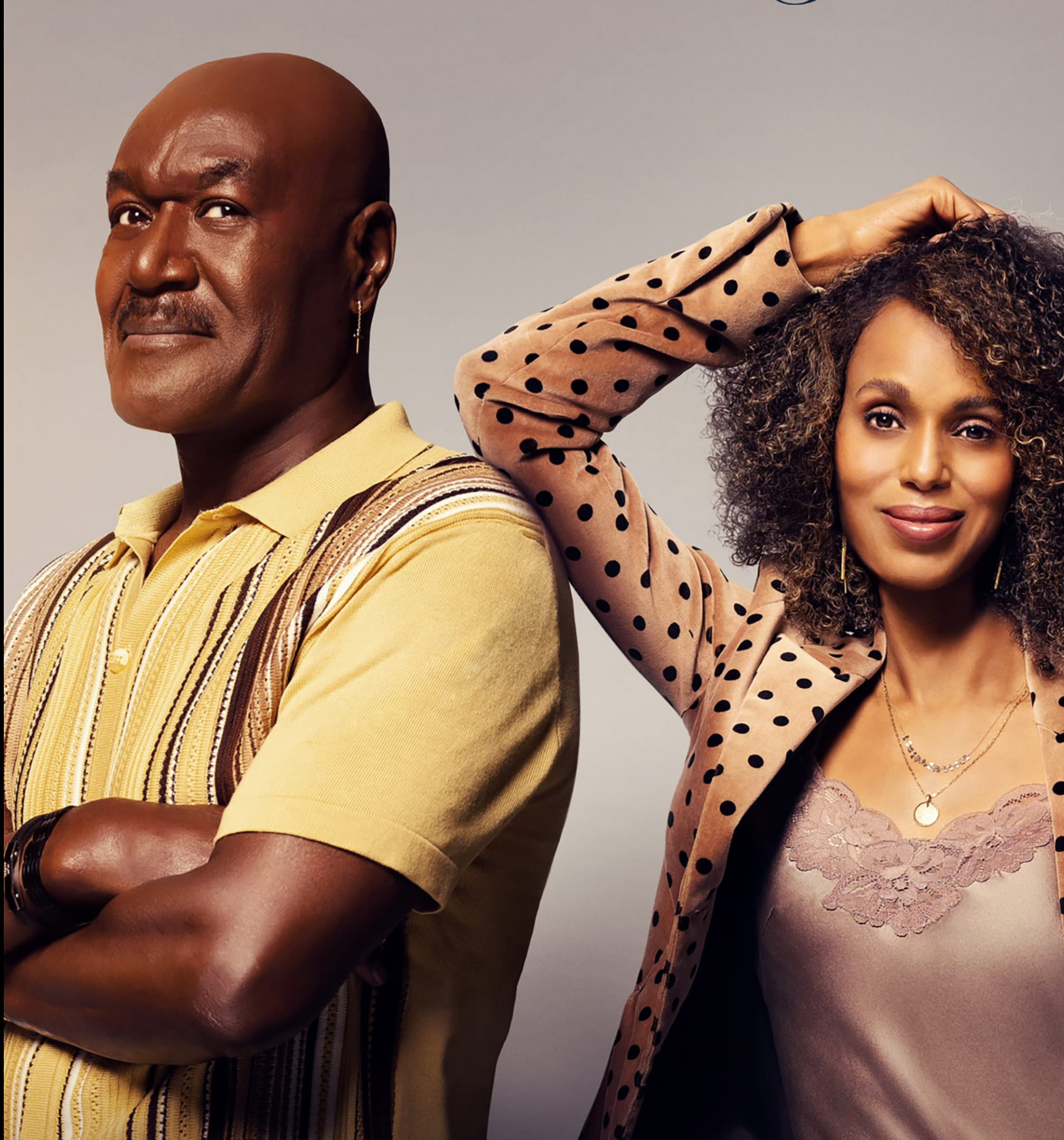
1. The Single Mom: Unprisoned
In Unprisoned Kerry Washington is a single working mother. According to the 2022 U. S. Census Bureau 80 percent of single-parent families are headed by single mothers.
Like most of those women, her character, Paige Alexander is not drowning. Yes, she is struggling with a single-family income and issues of childcare. But she is not on welfare, as society likes to project. She is a therapist with a young son, struggling like crazy to make things work. Without a male figure in the picture, the sudden inclusion of her father, newly released from jail, both complicates and helps her life, and this is the arc of this series.
Like many of the new protagonists’ shows Unprisoned also deals with big social issues, such as incarceration, and the laws that make it difficult to dig yourself out of a hole, the bureaucracy in getting simple needs met, and social rehabilitation, things that those with plenty seldom have to consider. It doesn’t tell a simple tale.
Paige Alexander is an example of the new protagonist. A single woman making mistakes, imperfect, and facing issues that are part of a woman’s focus, childcare, loving the wrong person, paying the bills, caught in the middle of raising a child alone and taking care of one’s parents while also doing the job.
This is the life of many women. Maybe by seeing this protagonist and recognizing that societal needs are not being met, consequential change addressing women’s needs, can result.
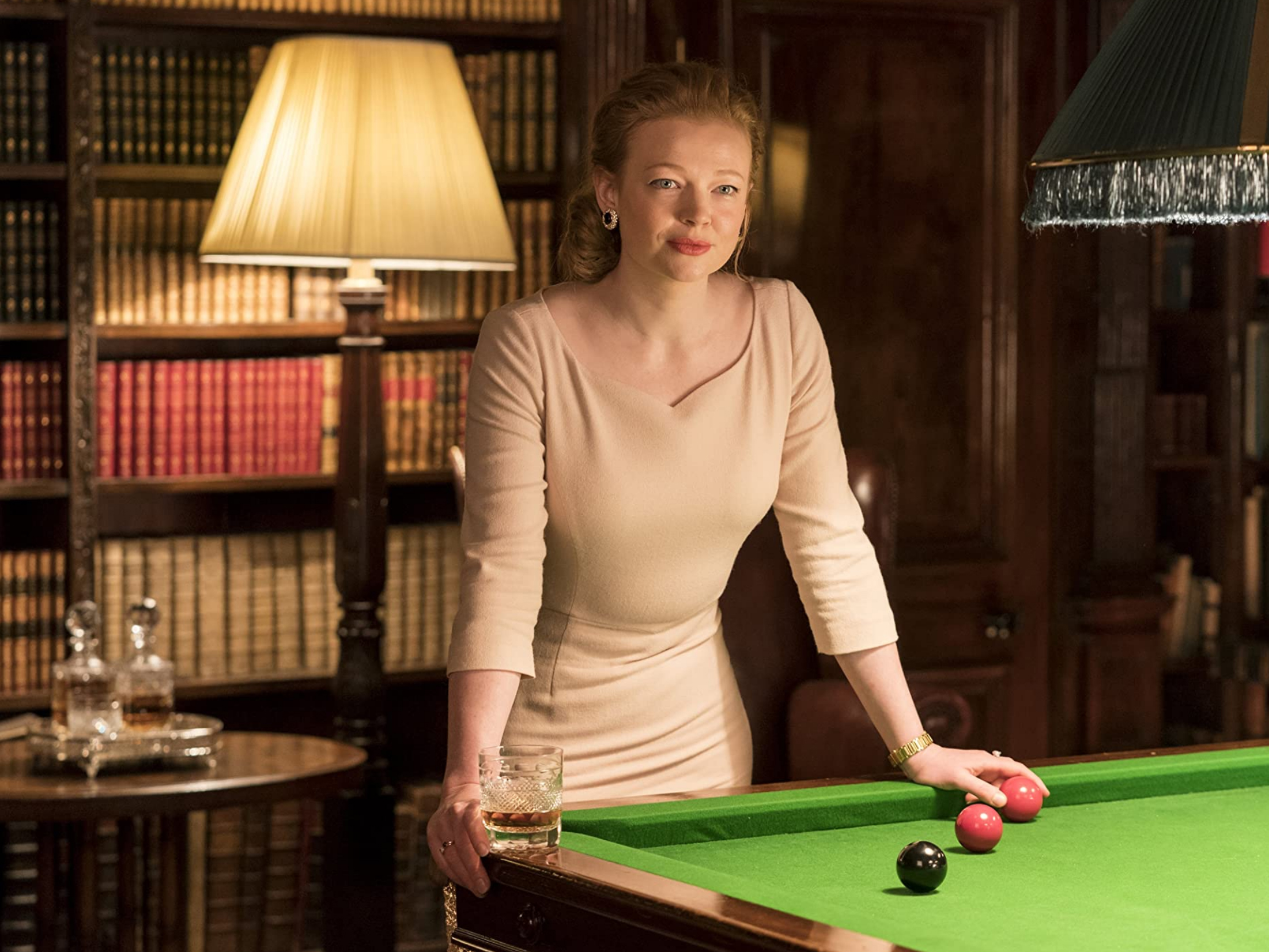
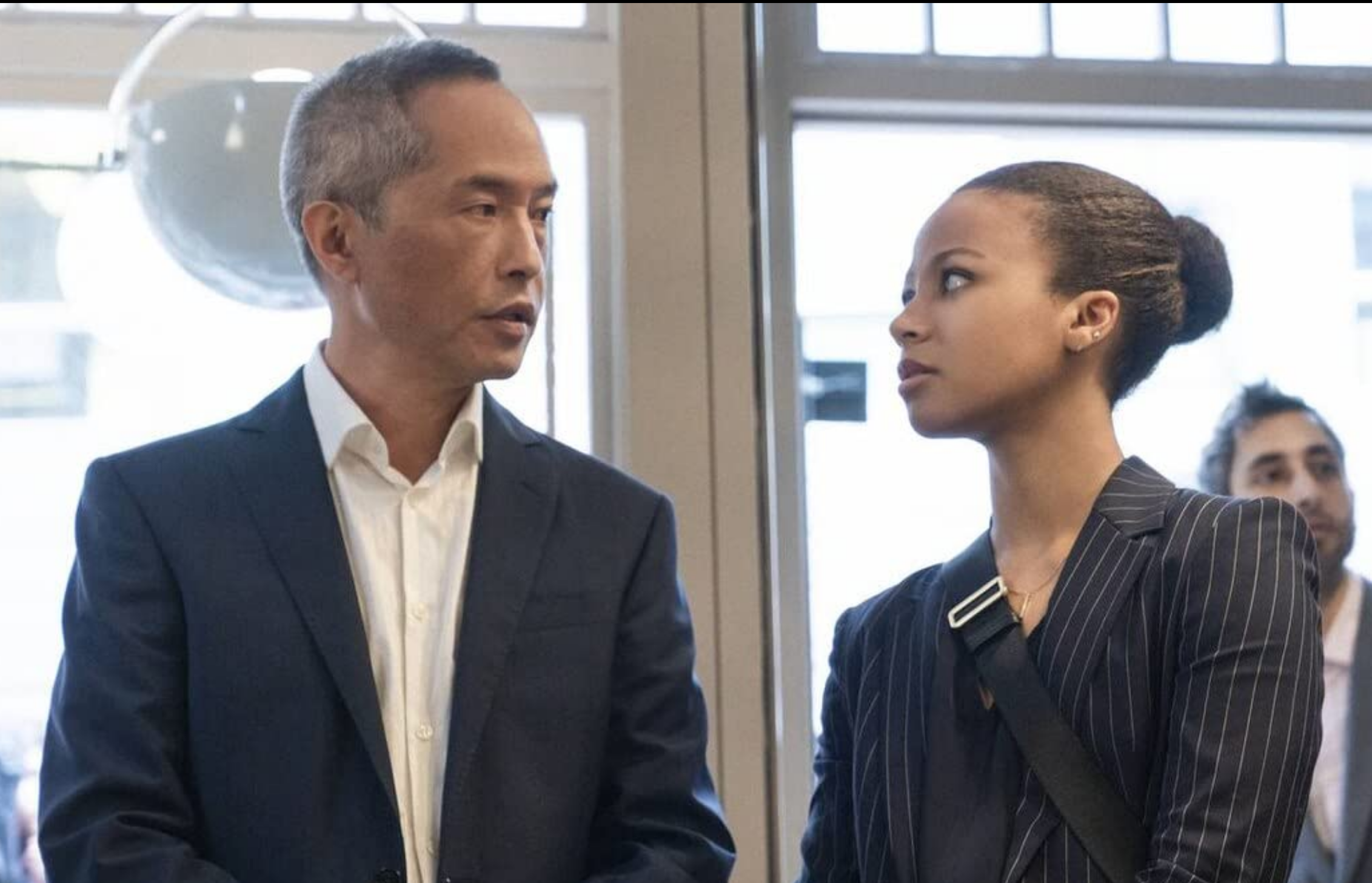
2. Power houses: The Mogul: Succession/Industry.
Many men could probably quote a few lines from Wall Street or The Wolf of Wallstreet. These movies focus on the unscrupulous actions of investment bankers and financial power players. They are dominated by men. Women are beautiful appendages but never the drivers.
Only 23.8% of investment bankers are women. That number is even more dire for Fortune 500 CEOs. 10.6% of which are women.
William Blake wrote that we become what we behold, so say hello to the equally morally corrupt mover and shaker – now in female form.
What Myha’la Herrold as Harper Stern (Industry) and Sarah Snook as Shiv (Succession) portray, is cool, cutthroat calculations. In fact, these protagonists represent women with strategic, intentional execution – even if it’s not the playbook they are expected to follow.
They see what they want, and they take it, no matter who gets hurt. Sometimes including themselves.
Too long have we seen women who sacrifice their ambition for relationships, or to be liked. For years we’ve seen men take what they want, be it a company, a woman, an opportunity, and be celebrated for their audacity. Women were thought of as too ‘ladylike’ to expose their desires. Finally, women are allowed to be represented as ambitious and yes, ruthless, but more importantly, really good at what they do. Sensual strength – and rapier aptitude.
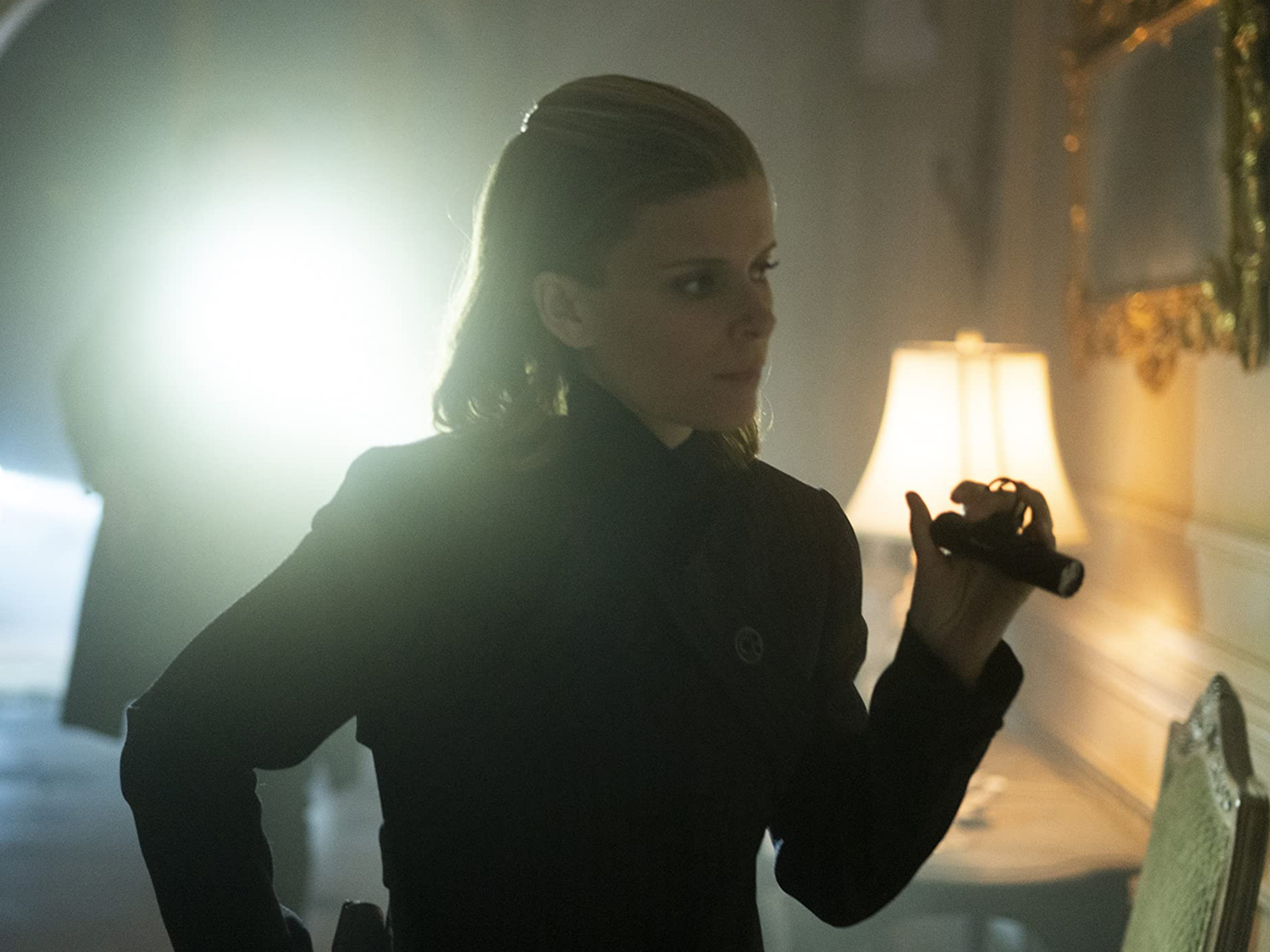
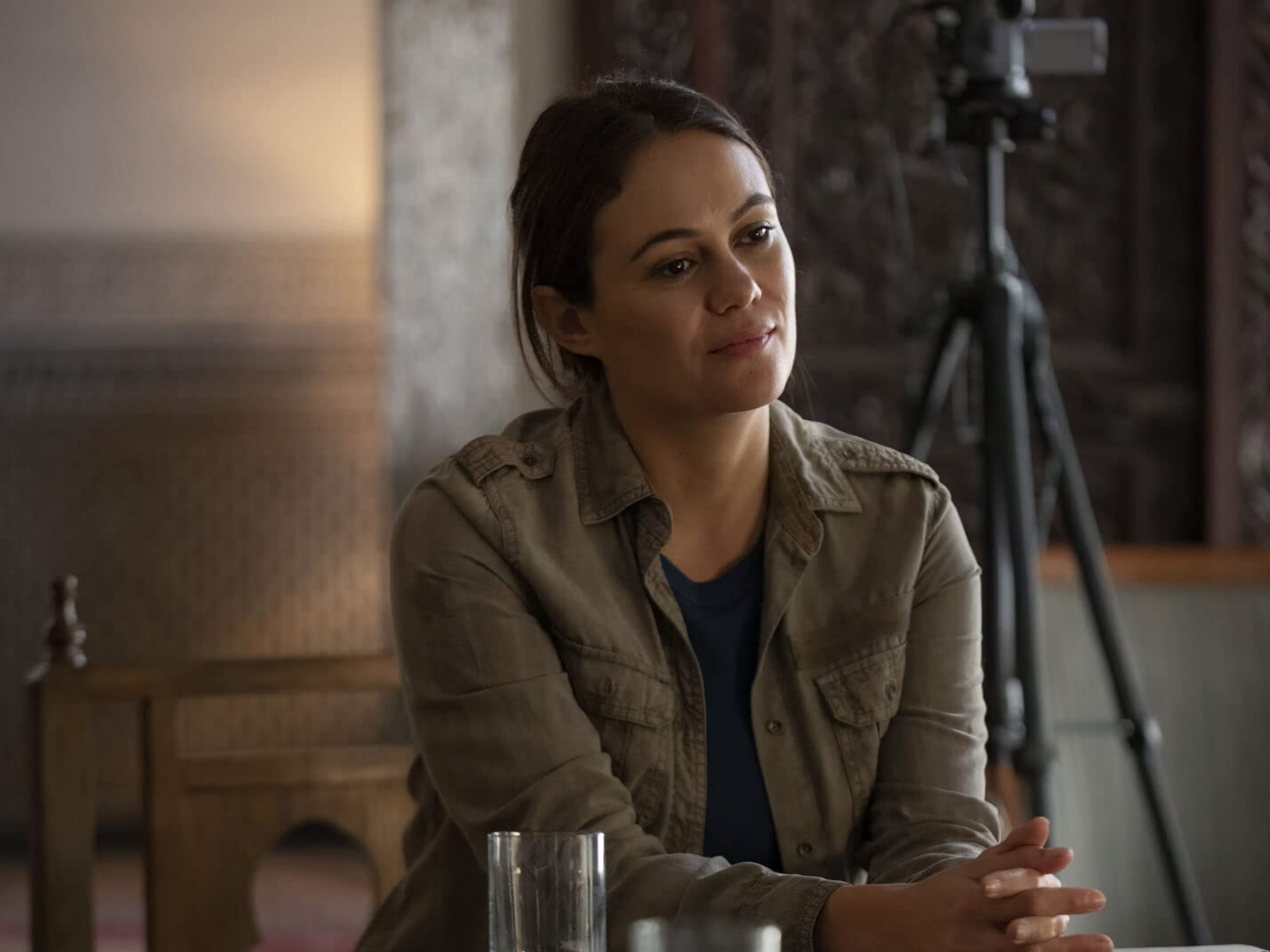
3. The Intelligence Agent: Class of ’09, Ghosts of Beirut
The flip side of the mogul who must be ruthless in the boardroom, is the intelligence agent who must risk and sacrifice lives on the world stage. Women are usually the eye candy in espionage series. The woman is seldom the protagonist – usually she sleeps with the target, so our hero can blackmail him.
Here, we have women who understand human sacrifice and still make the fatal call for the greater-good. Usually, they are dressed in suits or baggy clothing, make up is minimal, hair tied back or unruly. Their outsides reflect the business burka. No hint of femininity will be revealed lest it overcome their male counterpart’s ability to function and cuts off the blood to their brains.
In the real-world women comprise 39% of CIA Operatives and it’s good to see the increased numbers reflected amongst the new female protagonists’ roles.
These women are the decision makers. They do the analyses. They make the calls and fight with leadership to stay on track.
They are ruthlessly playing the moment, looking for the advantage. That they have ovaries is immaterial. They have a brain.
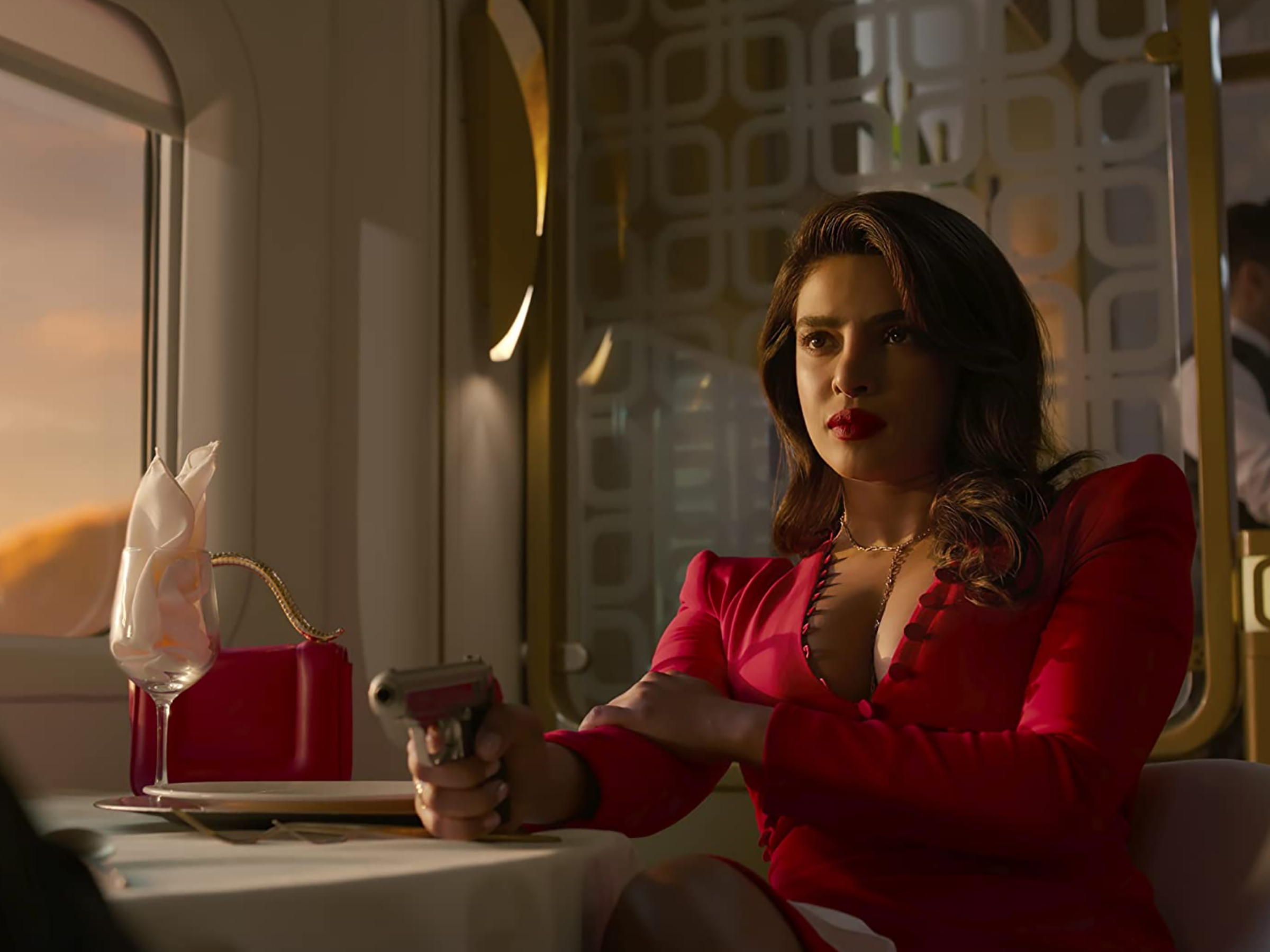
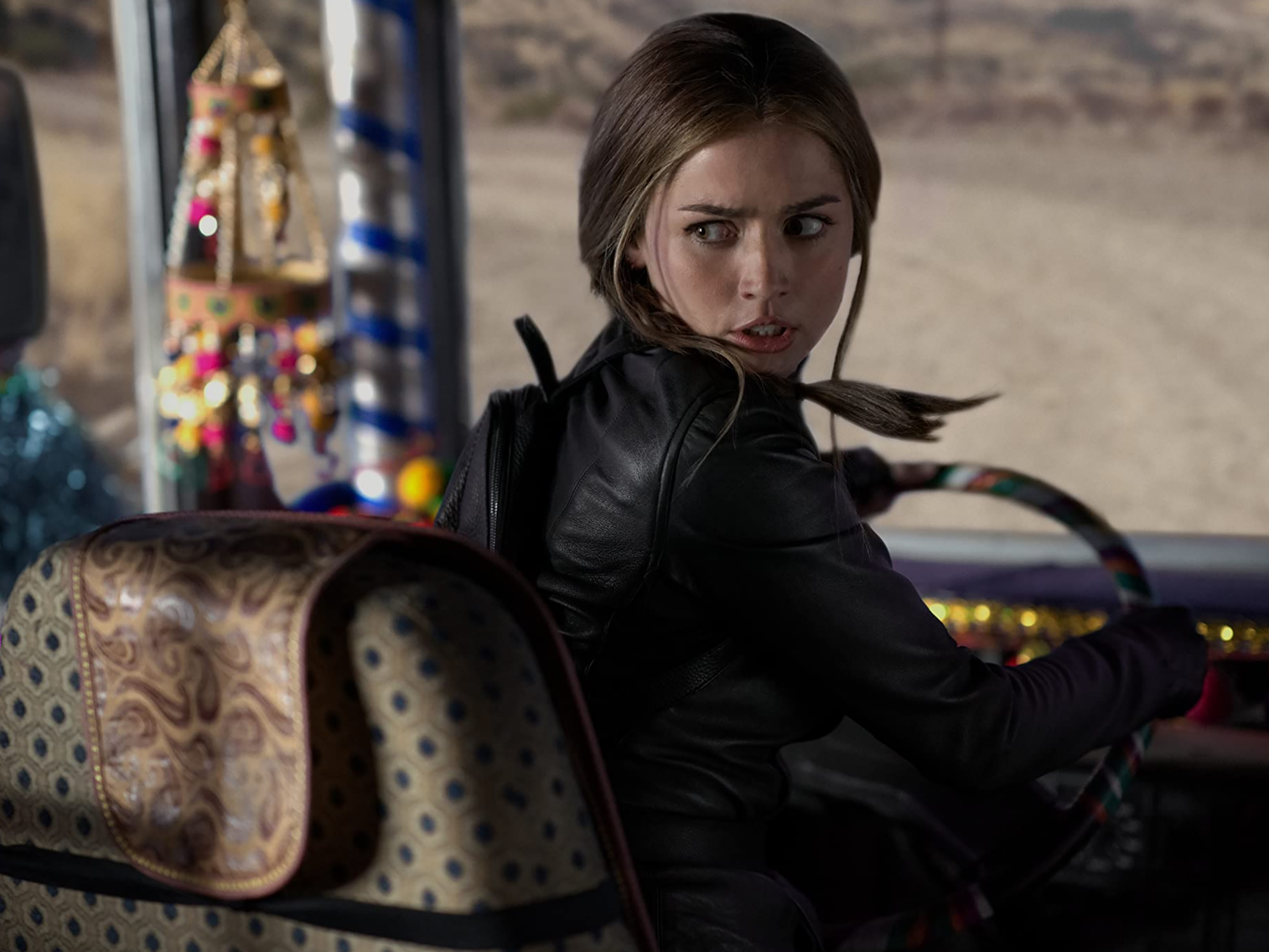
4. Lovely and Lethal: Citadel/ Ghosted
The flip side of the plain faced, body neutral intelligence officer is the 007 type female spy. Lovely and lethal, these women look good, but by accident. Her physicality is merely an arrow in her quiver. They wear body conscious clothing and execute – literally – on par with any Superhero. Their mastery involves all sorts of weapons, athletic ability and comfort on all forms of vehicles from motorbikes to trucks and parachutes. There’s often a man who needs to be rescued.
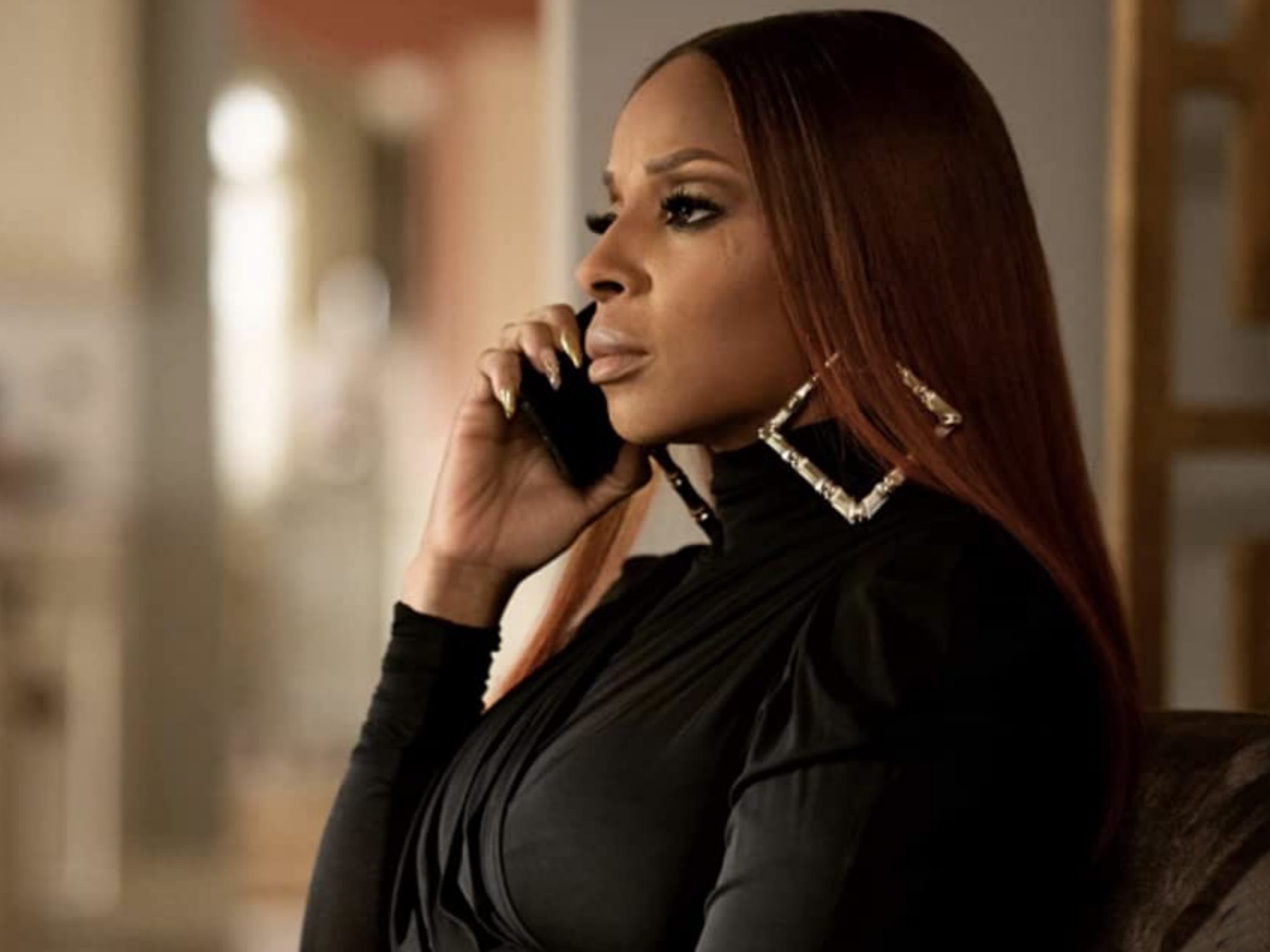
5. The Crime Boss – Power Book: Ghosts S3 – Monet
Google ‘Women TV Crime Bosses’, and it’s hard to find any recent television shows with a woman Crime boss, while there is no shortage of such roles for men: The Sopranos, Peaky Binders, Boardwalk Empire, Breaking Bad, to name just a few.
Weeds and Savages are among the few shows that don’t fit that category, led by powerful, fearless women.
It goes to why all forms of representation are important. Audiences love crime shows – 50% of Americans devour true crime podcasts – and when women are not represented in TV shows, other than as victims, it means women are getting fewer opportunities to work. Period.
Power Book: Ghosts is a show that shatters the norm. Mary J. Blige as Monet is a central character in the Power Book Universe. She ran her crew while her husband was in jail – before – (spoiler alert) she killed him off and took over the job herself.
Like her male counterparts, she plays docile with a side of danger. When she smiles, or seems forgiving, she can be at her most lethal. Like her male counterparts, Monet loves and protects those close to her – but up to a point. If anyone’s actions threaten the head’s safety or power, be assured that no matter how long the friendship, how deep the love, how close the family member, the crime boss will take you out.

